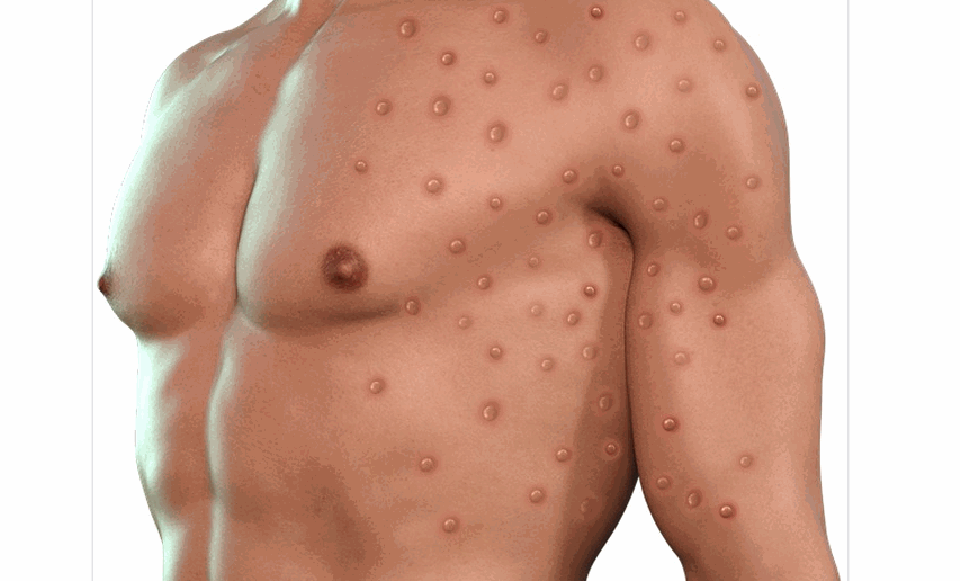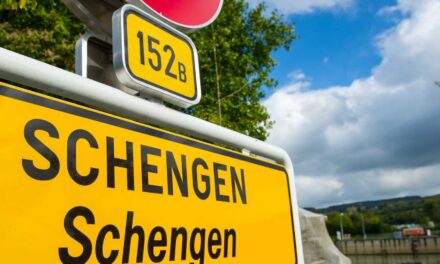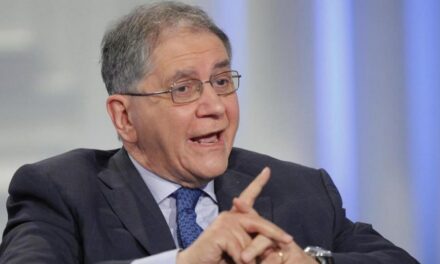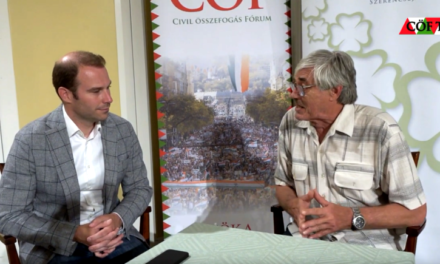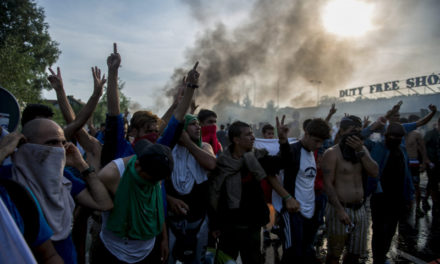"Monkey pox: creating hysteria for commercial purposes" was published , in which we described that the outbreak of "possible" monkey pox was simulated as early as March 2019, even though there was no sign of it then. The question was therefore justified: why was the choice made on monkeypox? Why did the United States order 13 million (!) vaccines for $119 million this May?
We asked: if monkeypox is a "normally" easily avoidable infection, it has an FDA-approved antidote (manufactured by the Danish biotech company Bavarian Nordic and brand name: Jynneos), and its rate of spread is incomparable to COVID-19 , what is this hysteria about?
At the beginning of this week, the questions only increased, since - as you may have read - the head of the WHO declared an international public health emergency in connection with monkeypox.
However, since the outbreak in May, only five people have died of the infection, out of approximately 16,000 infected; it's true, a few hundred years ago in Africa, but we'll get back to that in a moment.
"Many scientists doubt that such an announcement would contribute to curbing the epidemic, since the developed countries that registered the most recent cases are already quickly stopping the epidemic"
- wrote the Canadian CTVNews in this regard.
The article continues: "If the WHO was really concerned about the spread of monkeypox, they could have convened their emergency committee years ago when it re-emerged in Nigeria in 2017 and no one knew why we suddenly had hundreds of cases," said Oyewale Tomori, is a Nigerian virologist who works in several places, including the WHO advisory group. "It's a bit strange that the WHO only invited its experts when the disease appeared in white countries," he added.
There is also a very interesting sentence in the article, according to which a modified mutation of the African virus, which is much less dangerous, has already spread in "white countries".
The Nigerian virologist explained that there are hardly any deaths in the rest of the world. According to Alexandra Phelan, a global health lawyer at Georgetown University, "it is unfair and unethical to consider an event extraordinary only if it is now happening in high-income countries."
an article from a specifically medical journal, BMJ.com , it is true that the White House announced on June 28 that it will distribute tens of thousands of vaccines to clinics across the country in order to contain the epidemic.
However, until the end of November last year, only 306 cases were registered in the USA and no one died.
The article also talks about mutations.
"The virus underwent more mutations than expected, according to a new study led by Portuguese researchers and published in the journal Nature Medicine."
Salim Abdool Karim, an epidemiologist and vice chancellor of the University of KwaZulu-Natal in South Africa, says the WHO's global emergency declaration doesn't mean much because it doesn't have the means to enforce it. (As we also wrote about in this article, the WHO's mandatory vaccination plan has so far failed.)
One of the reasons for the global emergency probably lies in the following: in January 2020, the WHO declared COVID-19 an international emergency. But few countries took it seriously until March, when the organization declared it a pandemic, weeks after many other authorities took the first precautions. The WHO was later criticized for its repeated mistakes during the epidemic.
"After COVID, WHO does not want to be the last to declare monkeypox an emergency," said Amanda Glassman, executive vice president of the Center for Global Development.
This is probably the answer to the question posed in the title. But there is something else here.
Barrons.com , on the same day the WHO declared an international emergency, shares of Bavarian Nordic, the maker of the antidote, shot up on the stock market . The company's shares rose 4 percent in Copenhagen trading, but not only theirs, but also the shares of other biotechnological companies that also belong to this circle.
Siga Technologies ( SIGA ) jumped 26 percent. This company manufactures an antiviral drug called TPOXX, which was recently approved in the European Union for use against monkeypox.
Emergent Biosolutions ( EBS ), the maker of the smallpox vaccine used to prevent monkeypox, gained 11 percent. Inovio Pharmaceuticals (INO) also gained strength, rising exactly 6 percent.
The most interesting and largest of these is SIGA, whose website states that it has worked closely with the US government, including the US Army Institute of Medical Research of Infectious Diseases and the Joint Program Executive Office for Chemical, Biological, Radiological, and Nuclear Defense.
The question is poetic:
who knew in advance that the WHO would declare an international emergency, how much money could they invest safely , without any risk, for example in the shares of SIGA?
Image: Pixabay

